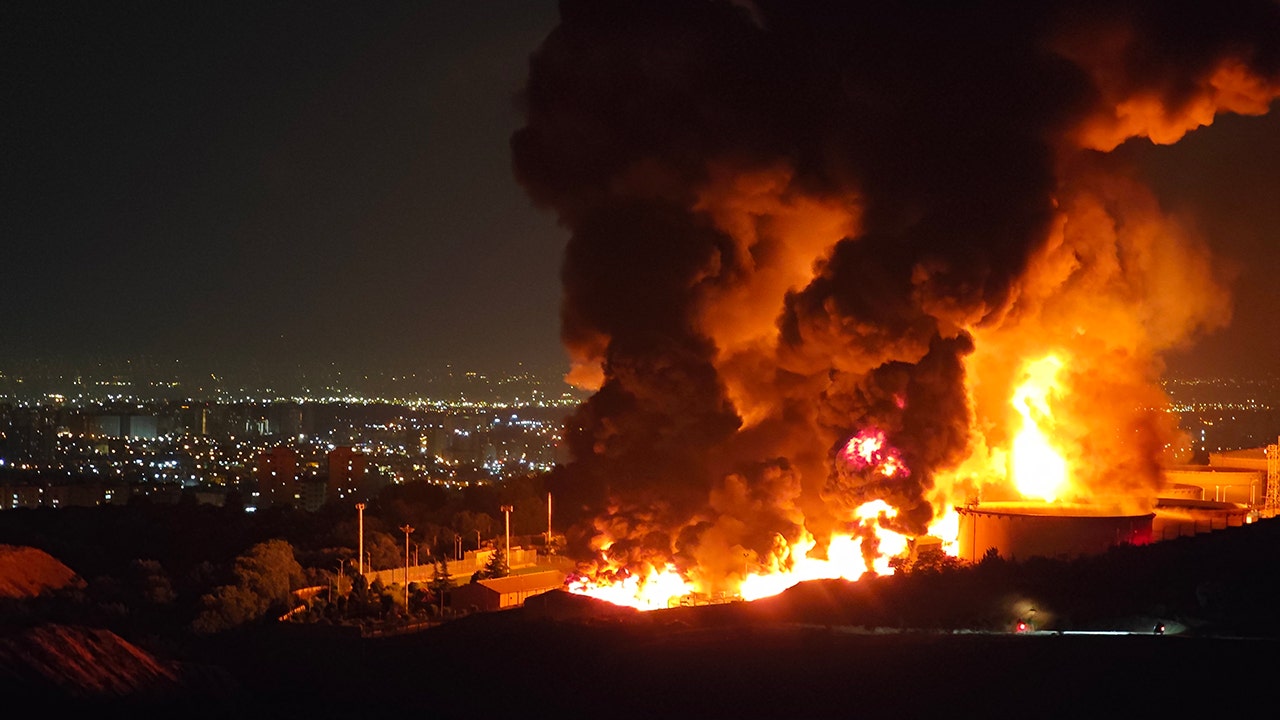Marine writes book aiming to clear his name after bloody Iraq ambush

In 2006, shortly after graduating high school, 19-year-old Jonathan Phillips deployed to Iraq’s Anbar Province at one of the most volatile times in that bloody conflict.
On Jan. 20, 2007, Lance Cpl. Phillips faced a fierce nighttime ambush that launched him into a national security scandal and led to him spending 20 months in prison, half of that time in solitary confinement.
But that wouldn’t be the end of his story. Phillips fought back and ultimately received an honorable discharge, battlefield distinction and medical retirement from his combat-sustained injuries.
The legal battles were only one front in his personal war. The other required years of rehabilitation and therapy, which helped him put down his story in his own words.
Phillips chronicled his background, the Iraq incident and his post-service struggles in the book, “The Fifth General Order: A Memoir of War, Resilience, and Redemption.” He recently spoke to Military Times about the process of writing the book and what he hoped it would convey.
Editor’s Note: The below Q&A has been edited for length and clarity.
Q: When did you decide to write a book about your experience?
A: So, it kind of started in treatment. I put myself through a 20-month intensive outpatient program, and what my logic behind it was, I spent 20 months in the brig devolving, so I need 20 months to really reverse that. That was my logic. And what the doctors had me do during those modalities was basically just make a list of chronological traumas and go through all those combat events, all those legal events that I couldn’t get out of my head. Toward the end of treatment, after I got all that, the book became the logical corollary.
Q: What did you learn while going through the process of writing and publishing the book?
A: I had to learn, and step by step — just like in the Marine Corps — adapt and overcome, and figure out how to get it edited and get it published. I’ve gotten a lot of great feedback from Vietnam veterans being really inspired. A lot of them didn’t have their stories told. I’ve had a lot of Iraq veterans reach out on top of the ones that I served with, and they’re really inspired.
Q: Beyond legal reforms to the Uniform Code of Military Justice or military prosecution, what do you think your story highlights for the military to consider?
A: Well, the way I see it is, the Pentagon systemically perpetuates corruption by silencing scandals. They circumvent congressional oversight by forcing veterans into plea deals with not the best legal representation. I mean, they’ve kind of weaponized the UCMJ to circumvent congressional oversight, and Congress needs to be a lot more aware of what’s actually going on. Is it a winning strategy? No.
Q: Much of this struggle was on your own, but did you have support while battling these charges and the aftermath?
A: I mean, that’s the only reason why I really survived, was between my mother, my father and my platoon commander. If they hadn’t reached out to their congressman, who reached out to their Pentagon official, I never would have left solitary. That’s when things really started changing. They really were my rocks and saved my life. They were the wrench in the socket for the Pentagon.
Q: Based on your experience, what advice would you share to current service members?
A: Never waive your rights to legal representation, ever. Always make sure an interrogation is recorded with a video, or at the very least, an audio recorder. Those are very, very simple things because it’s what you can prove, right? Those things could serve as the bedrock for court martials and trials, and if they’re not recorded, it’s their word against yours. If a veteran is ever, or a service member is ever, facing an avalanche like what’s happened to me, the one thing that — if I could go back retrospectively — I would say is, never keep your mouth shut. Always speak. Don’t let them bully you into keeping quiet or being humiliated by a smear article. Just keep talking, keep reaching out to reporters, just go get it out there as much as you can so that there’s oversight.
Todd South has written about crime, courts, government and the military for multiple publications since 2004 and was named a 2014 Pulitzer finalist for a co-written project on witness intimidation. Todd is a Marine veteran of the Iraq War.
Read the full article here







